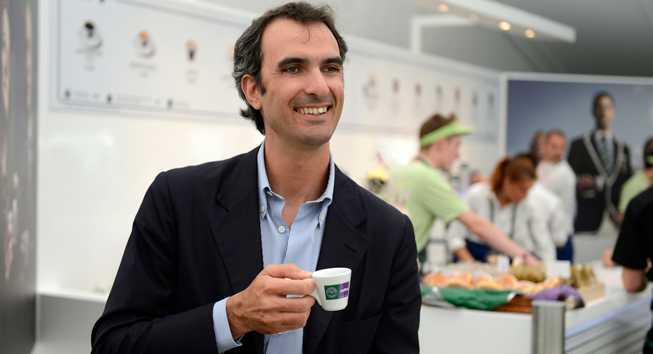MILAN – Two of the largest food trade associations in Italy have joined forces at the end of March to create the new Unione Italiana Food – Italian Food Union – an entity that represents 450 companies and is the biggest of the industry at European level.
It’s main goals are to enhance the value of the products that symbolize Italian food; to overcome the challenges of the global market and to lay out the future of Italian food around the world.
The Italian Food Union is starting out with two precise programmatic points: saying no to adopting the so-called “traffic light” nutritional labels recently proposed to Brussels by six multinationals (Mars, Mondelez International, Nestlé, Unilever, Coca-Cola and Pepsi); and express doubts over the adoption of the Stellone (the Made in Italy symbol backed by Minister Carlo Calenda), which would end up discriminating against companies that invested abroad and produce “all’italiana.”
The Italian Food Union was created by the merger of Aidepi (the group representing producers of pastries and pasta) and Alia (which represents coffee, chocolate, gelato, dips and sauces makers). It includes 450 companies with €35 billion in revenue and 65,000 employees. The associations that are part of Federalimentare are now down to 14.
“It’s an historic event,” said the new president of the group Paolo Barilla, vice president of the family controlled pasta maker of the same name, at a presentation. “Groups with different corporate identities and different products are joining forces.”
Regarding the Stellone, Barilla is very clear: “The Stellone could help to discourage “Italian-sounding” products, but the industrial system is made up of companies that work in Italy and of others present in Italy and abroad.
It would be odd if I, who pay taxes in Italy, would then become a second-class citizen when I produce abroad. I am still Italian and I produce all’italiana,” he said.
According to Barilla, the Italian brand risks becoming a disincentive for companies that go international (citing the case of the extraordinary success of Rana in the U.S.), but then said: “The Stellone might work, but it depends on how the rule is written.”
On the traffic-light labeling, new vice president Marco Lavazza (PICTURE) – who might swap jobs with Barilla in two years – took a decidedly negative position, despite having representatives of companies like Mars, Mondelez, Nestlé and Unilever in the new association (the parent companies probably would not agree with the country managers).
“We have our ideas and most members are against traffic-light labels,” said Lavazza. “But we are staying united, including those who don’t agree with us.
Emanuele Scarci
















